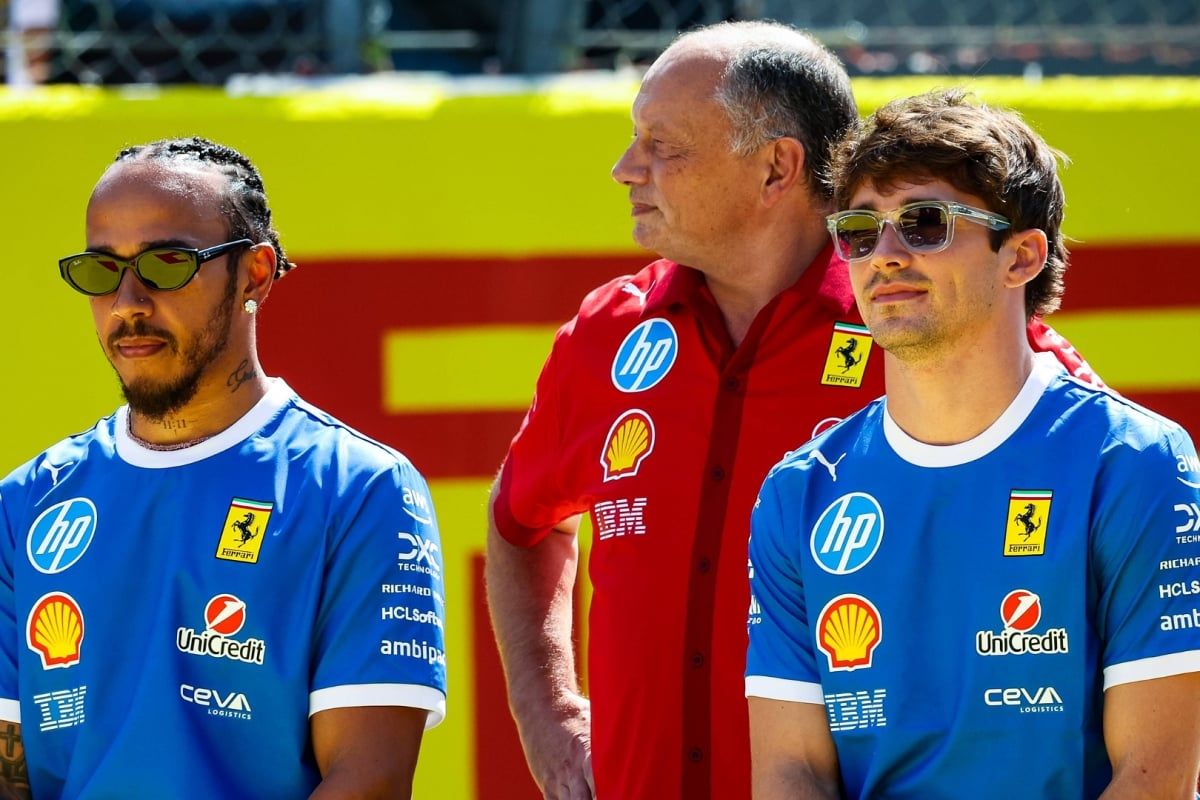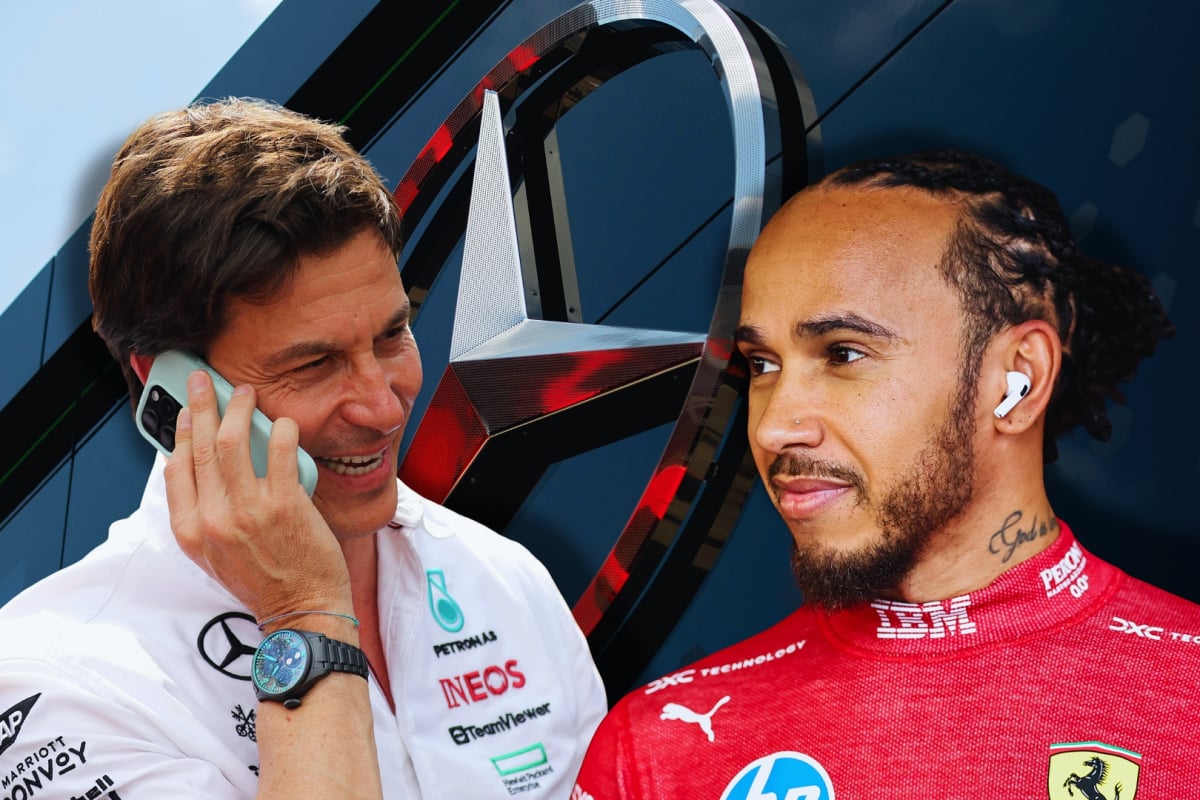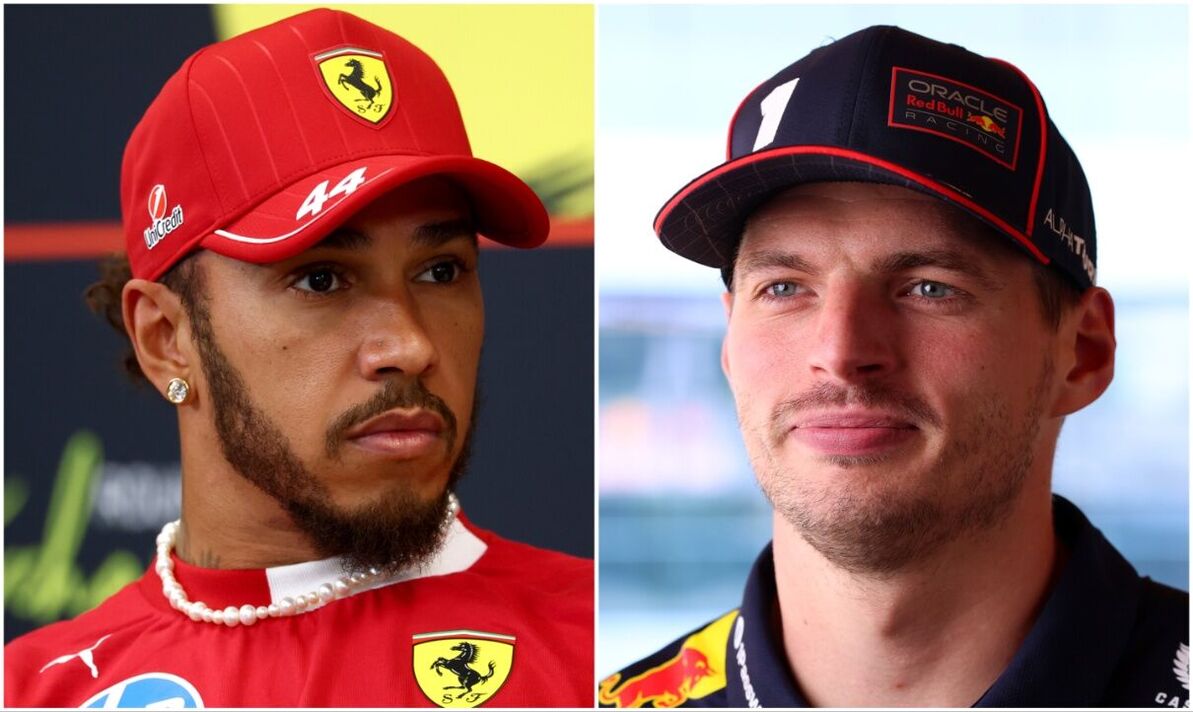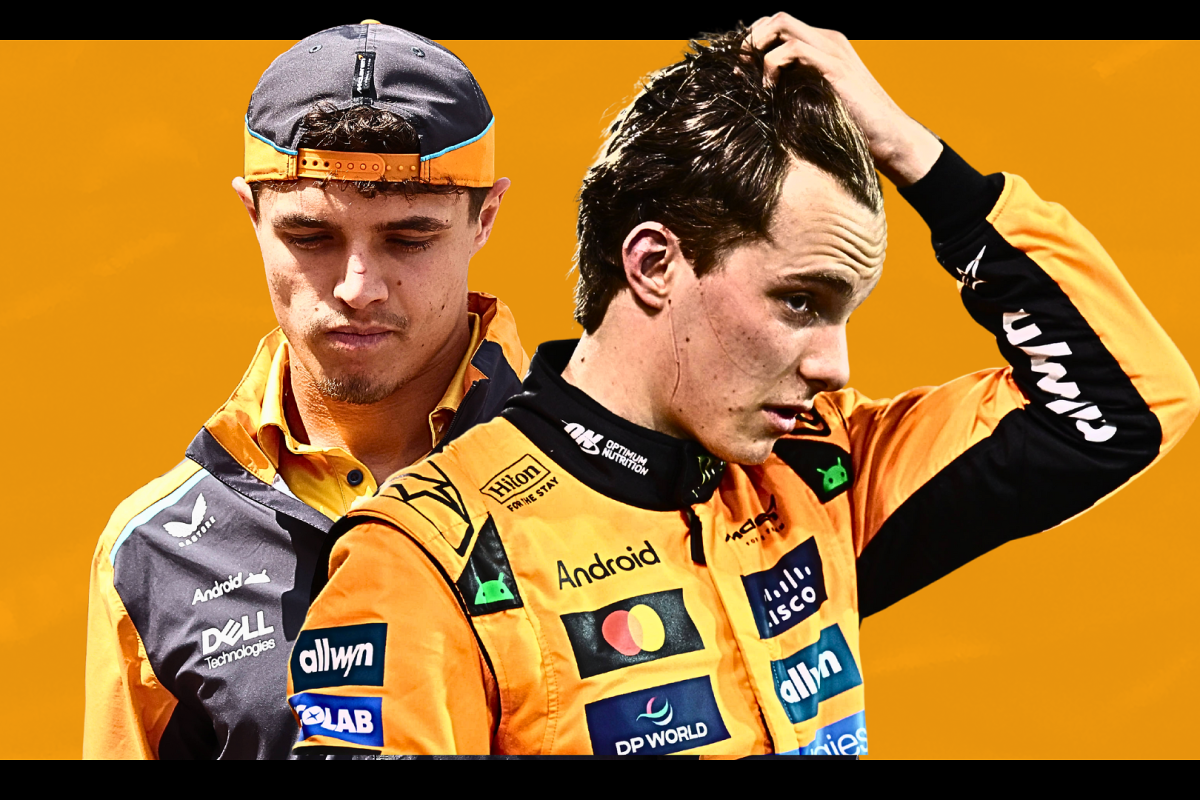Ferrari and Formula 1: A Legendary P…read more
Ferrari and Formula 1 are inseparable. Since the world championship began in 1950, Ferrari has stood as the sport’s most iconic and successful team. From legendary drivers like Alberto Ascari, Juan Manuel Fangio, Niki Lauda, and Michael Schumacher to modern stars such as Charles Leclerc and Carlos Sainz, Ferrari’s history in Formula 1 is rich with triumphs, tragedies, and dramatic comebacks.
Ferrari’s first taste of victory came in 1951 at the British Grand Prix, courtesy of José Froilán González. But it was Alberto Ascari who truly launched the Scuderia into greatness, winning back-to-back championships in 1952 and 1953. The great Fangio claimed another title for Ferrari in 1956, while Mike Hawthorn became Britain’s first world champion in 1958. The decade, however, was also marked by sorrow with the deaths of Peter Collins and Luigi Musso.
The 1960s brought Ferrari’s first constructors’ title in 1961. Phil Hill secured the drivers’ crown that year, though it was marred by the fatal crash of teammate Wolfgang von Trips. In 1964, John Surtees made history by becoming the only person to win world championships on both two and four wheels. But internal disagreements led to his departure, starting another title drought.
In the 1970s, Niki Lauda revived Ferrari’s fortunes, winning titles in 1975 and 1977. His miraculous recovery from a near-fatal crash in 1976, where he returned to race just six weeks later, remains one of the sport’s most courageous moments. Jody Scheckter won Ferrari’s last drivers’ title of the decade in 1979, edging out teammate Gilles Villeneuve, whose talent and spirit would leave a lasting legacy despite never winning a title himself.
The 1980s were marked by heartbreak. Villeneuve died in 1982, and Didier Pironi’s career ended due to a crash that same year. Ferrari still won two constructors’ titles in 1982 and 1983, but no drivers’ crown. Emotional moments came in 1988 when Berger and Alboreto won at Monza just after the death of founder Enzo Ferrari. In 1989, Nigel Mansell gave Ferrari victory with the sport’s first semi-automatic gearbox.
The early 1990s brought frustration. Alain Prost came close to a title in 1990 but fell short after a controversial collision with Senna. From 1992 to 1995, Ferrari managed just two wins, signaling tough times. But in 1996, everything changed.
Michael Schumacher, already a two-time world champion, joined Ferrari and began building an empire. Despite a shaky start, he brought the team back to the front. After several near misses, including the infamous 1997 collision with Jacques Villeneuve and a broken leg in 1999, Schumacher finally claimed Ferrari’s first drivers’ title in 21 years in 2000. This marked the start of a golden era—five consecutive drivers’ and constructors’ titles from 2000 to 2004. In 2004, Schumacher won 13 of 18 races, one of the most dominant seasons in F1 history.
The tide turned in 2005 with Renault and Fernando Alonso ending Ferrari’s dominance. Schumacher retired in 2006, though Ferrari remained competitive. Kimi Räikkönen joined in 2007 and won the title in dramatic fashion, beating Hamilton and Alonso by just one point. The next year, Felipe Massa narrowly missed the championship, losing it on the final lap to Hamilton.
Disaster struck in 2009 with poor performance and Massa’s injury. Fernando Alonso arrived in 2010 and came close to titles in 2010 and 2012, only to be denied by Vettel and Red Bull. The 2014 hybrid era exposed Ferrari’s weaknesses, with Mercedes taking over the sport.
Sebastian Vettel brought hope from 2015, and in 2018, he led the championship mid-season. But mistakes and reliability issues ended that dream. Ferrari slumped in 2020, finishing sixth, their worst result in 40 years.
A new chapter began with Leclerc and Sainz. In 2021, Ferrari reclaimed third in the standings. The 2022 season was stronger, with Leclerc finishing second and Sainz fifth as the team took second in the constructors’ championship. In 2023, despite strong efforts, Ferrari lost second place to Mercedes by just three points. Leclerc and Alonso tied on points, but Alonso’s podiums gave him the edge. Sainz finished seventh but claimed the only non-Red Bull win of the season in Singapore.
Ferrari’s legacy is a blend of glory and grit—a team that continues to captivate, inspire, and chase greatness.




